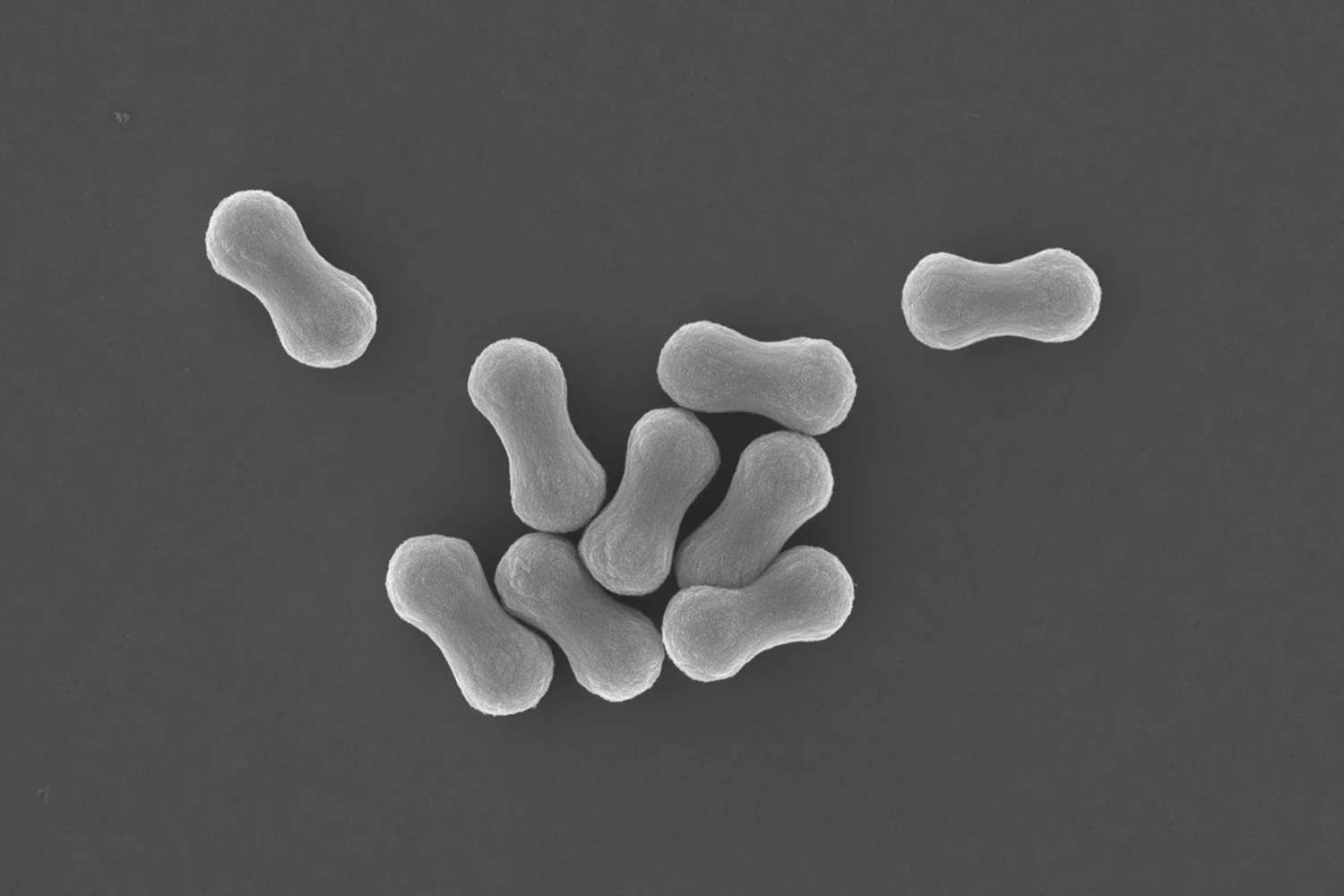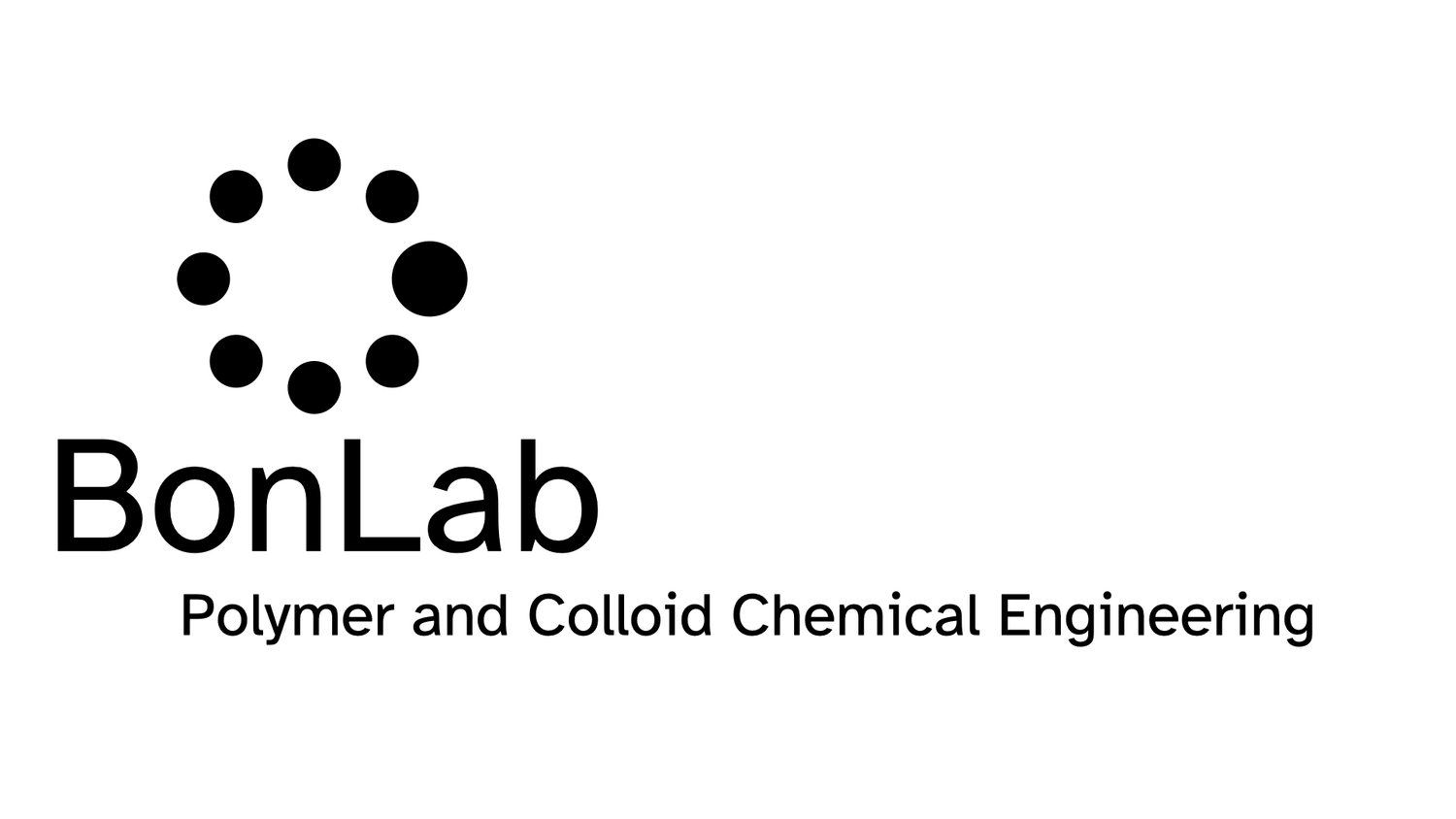
BONLAB BLOG
Thoughts
&
Scientific Fiction
Stefan Bon interviewed by freelance writer Chris Woolston for Nature
Prof.dr.ir. Stefan Bon had a pleasant conversation with freelance writer Chris Woolston on the UK visa and immigration policy of the UK and the impact on his research team. Stefan stressed that "the changing landscape of the UK with respect to immigration and work permits is of great concern and highly worrying. The UK is increasingly fast squandering its international reputation."
An article written by Chris was published in the scientific leading journal Nature today (02 March 2017, 543, 139–141) containing an excerpt of the discussion: "Long waits for English-proficiency tests have also vexed Stefan Bon, a chemical engineer at the University of Warwick in Coventry, UK. Last year, one of his postdocs had to travel from Germany to the Netherlands to take the test, and the whole process — scheduling it, taking it and waiting for the results — took almost six months. Bon says that principal investigators (PIs) should expect delays, and that all prospective lab members should take the test as early as possible."
Feel the sensation of emulsion polymerization
Master students at the University of Warwick registered on the Polymer MSc programmes were treated to an exciting labday by BonLab packed with polymer and colloid science. In the true spirit of "feel the sensation of emulsion polymerization", a slogan ascribed to dr. Harold Schoonbrood and originating from the research group of Anton German at the Eindhoven University of Technology in the 1990s, the students were fascinated by hands-on synthesis of a polymer latex and its particle size characterization.
Master students on the Polymer MSc programmes feel the sensation of emulsion polymerization, organized by prof.dr.ir. Stefan Bon with research members of BonLab
Every student carried out their own emulsion polymerization under guidance of prof.dr.ir. Stefan Bon and two of the research members of the BonLab, Brooke Longbottom and Andrea Lotierzo. Emulsion polymerization is a process of high industrial relevance, with applications of the resulting polymer colloids in coatings/adhesives, construction, personal and household care, energy and health. The latex particles made by the participants were analysed by both dynamic light scattering, a technique relying on the random Brownian motion of the latex particles dispersed in water, and hands-on scanning electron microscopy (SEM).
Andrea Lotierzo, a PhD researcher in BonLab, works together with students on the characterization of a polymer latex with dynamic light scattering (DLS).
The labday formed part of a postgraduate module on colloidal materials taught by prof.dr.ir. Stefan Bon. He says: "We at BonLab are delighted to give students hands-on experience in the fabrication and analysis of polymer colloids. This area is of tremendous value in the design of innovative materials, and it is key that the underlying knowledge is transferred to the next generation of scientists."
Hands-on scanning electron microscopy training was provided by BonLab to the master students on the Polymer MSc programmes at the University of Warwick
More information:
please contact prof.dr.ir. Stefan A. F. Bon directly.
Images are courtesy of BonLab and taken by Junxin Chen (FEB2017).
BonLab features on the cover of Materials Horizons
Our manuscript entitled Control of vesicle membrane permeability with catalytic particles has been selected for the jan-feb 2016 cover of Materials Horizons, a premier scientific journal published by the Royal Society of Chemistry which features first reports of exceptional significance across the breadth of materials research at the cutting-edge interface with chemistry, physics, biology and engineering.
Prof.dr.ir. Stefan Bon says: "We are absolutely delighted that our research has made the cover of Materials Horizons. Rong Chen and especially Ross Jaggers worked very hard in the BonLab to fabricate giant polymer vesicles which have membrane-embedded catalytically active manganese oxide particles, hereby using droplet-based microfluidics. We demonstrate that these colloidal particles can regulate the membrane permeability of the polymersomes upon their exposure to, and catalytic reaction with, small amounts of dissolved hydrogen peroxide. Not only can we trigger complete release whereby the vesicle gets destroyed through membrane rupture by the formed oxygen bubbles as illustrated on the cover, exposure to small amounts of dissolved hydrogen peroxide leads to temporary enhanced release until all hydrogen peroxide is consumed by the catalytic particles after which the membrane permeability restores itself to its passive characteristic value."
More on this can be read on our blog.
The paper (open access) can be read here: http://dx.doi.org/10.1039/C5MH00093A






